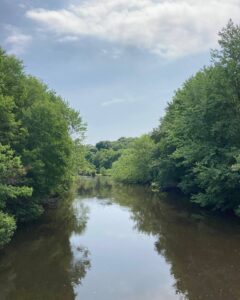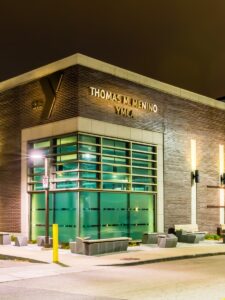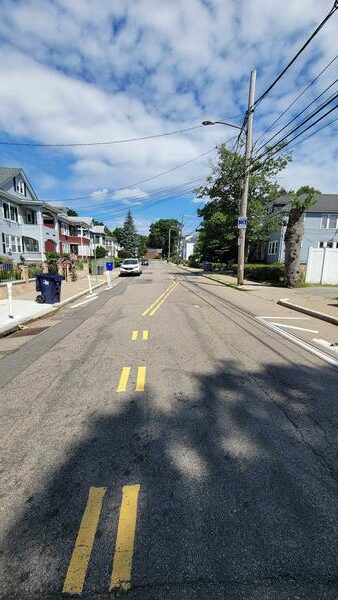Climate & Sustainability
Water Resources
The Neponset River

The Lower Neponset River is a 3.7-mile stretch of the river between Mother Brook in Hyde Park and the Walter Baker Dam in Dorchester/Milton, Massachusetts. While the river has the potential to be a site for water recreation and community beauty, this section of the river has been found to contain sediment polluted with high levels of PCBs (polychlorinated biphenyls), a harmful chemical.
Between 2002 and 2006, the USGS, along with state and federal agencies, conducted studies that confirmed increased PCB contamination, especially downstream of Mother Brook. In March 2022, the EPA added the Lower Neponset River to the National Priorities List (NPL), making it a recognized Superfund site eligible for long-term cleanup and federal resources. The clean up process is ongoing and requires community input and oversight to make based use for our neighborhood.
Clean Energy

Hyde Park is an Environmental Justice community navigating bringing affordable access to energy and clean energy careers to its residence. The Thomas Menino YMCA (in partnership with Transform Power Systems, Green Energy Consumers Alliance, and NSBE) are proud to announce the launch of the Hyde Park Energy Resilience & Sustainability (HyPERS). The HyPERS initiative is a community-driven effort to position Hyde Park as a leader in clean energy, climate resilience, and workforce opportunity. By bringing together local residents, employers, policymakers, and community organizations, HyPERS will launch programs that expand access to training and jobs in the clean energy sector, support the adoption of sustainable technologies like solar and storage, and create pathways for residents to directly benefit from investments in resilience infrastructure. Reach out to learn more about how HyPERS will enable Hyde Park to build a stronger, more inclusive local economy.
Safety Updates

Wood Avenue serves as a major corridor for our community based on its role in connecting River St and Cummins Highway. Based on resident inputs, the City of Boston is underway with safety improvements for Wood Avenue, a residential street with a history of speeding and fatal crashes. The redesign aims to reduce traffic speeds, improve pedestrian safety, and explore green infrastructure solutions.